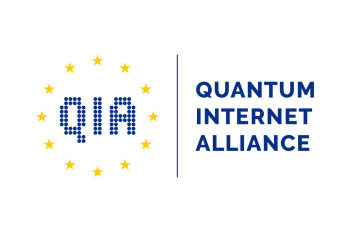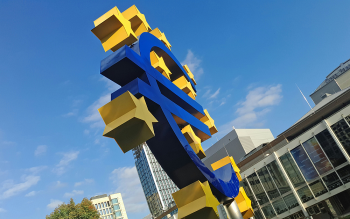On October 17-18th, over 250 European quantum experts gathered in Helsinki to discuss the present and future of quantum technologies.
Last Thursday, Helsinki hosted the Finnish Presidency – Quantum Flagship “Exploring and Making Quantum Technology” event, which gathered over 250 quantum experts from all over Europe to discuss the current landscape of the quantum technologies’ ecosystem in Europe.
Organised by the Finnish Presidency, Aalto University, VTT Technical Research Centre of Finland, the Academy of Finland, the Quantum Flagship, and supported by the European Commission, the two-day event became the ideal scenario for the scientific community, industry representatives as well as policymakers to come together to view the current status and progress of quantum technologies within Europe and define the next steps and strategic goals for the advancement of these technologies in the region.
The participants filled the conference room the first day to hear about various of the accomplishments attained so far in the field by the European quantum community as well as to learn about the initiatives in the field at a Finnish level. They also had the chance to have insights on the strategic approach that the European Commission is planning to put into motion in the Quantum Technology field in the period 2021-2027. This is articulated around 4 major pillars of activity, addressing: research and technology development in the Quantum Flagship priority areas, large-scale infrastructure investments in quantum communications and computing, building a competitive quantum industry and skilled workforce, and international cooperation.
As the closing session of the day, a panel discussion took place on policy issues and infrastructures concerning the future roll out of quantum technologies both in the European Union and in the different Member States with representations from Austria Finland, France, Germany, Slovakia, and the Netherlands:
The panellists gave their opinions on the development of quantum technologies within the region and emphasized the importance of joining forces to create one strong European ecosystem that would make a difference and allow the region to compete at an international level.
The second day focused on a more scientific agenda, bringing to the stage different European and international experts, who together with the audience debated and discussed on the current status of areas such as international cooperation, infrastructures, engineering, intellectual property and education. They also brought to discussion proposed future commitments, initiatives, as well as challenges that need to be overcome in order to boost the development of these technologies to start transferring them to the market in the near future.
One of the highlights of this second day was the panel discussion on International Cooperation with representatives from Europe, United States and Japan. The panel members talked about the progress that is being carried out and achieved in each of these regions within quantum technologies and addressed different issues, such as the sharing of infrastructures, creating international innovation hubs in each area that can attract foreign talent and investments, as well as foreseeing future collaborations for the joint development of fabrication processes, training and education opportunities at an international level to broaden expertise. Panel members included the following renowned speakers:
Pascal Maillot, Deputy Head of the Unit High Performance Computing & Quantum Technology from the European Commission, gave the closing remarks of the “Exploring and Making Quantum Technology” event, emphasizing the importance of the creation of the Quantum Flagship and stating that quantum is a high priority for the new to-be established Commission.




